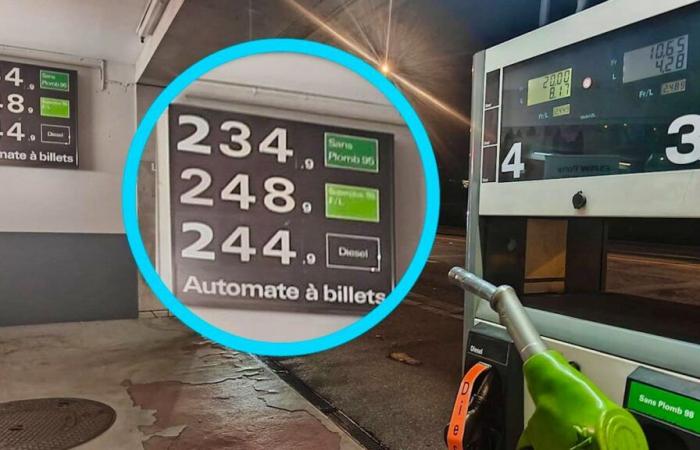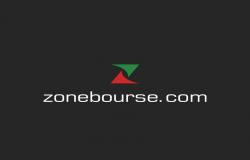“For a full tank, I usually pay around 100 francs,” Vanessa rewinds. There, it was exorbitant: 135 francs! I thought it was a mistake… But no.” At the beginning of January, the Geneva resident refueled her car at the Garage des Vollandes, in the city center. A shock: “I couldn’t believe my eyes. I then checked on the internet and everywhere in Switzerland the cost of gasoline was much lower.”
Indeed, with Unleaded 95 at 2.34 francs, the service station was one of the most expensive in the country, by far. Compared to the average, prices there were around 50 cents per liter higher, according to the fuel price radar of the Touring Club Suisse (TCS). Even today, its prices remain much higher than elsewhere.
Director of the Garage des Vollandes, Charles-Albert Giacobino assures that he is not in control of the situation, due to the “special contract” which binds him to Tamoil. “I am his only real private client. The other service stations are either franchises or directly operated by the oil giant. In addition, my contract, which is more than 10 years old, sets reference prices that are now far from those of the market.” Today, continues the business owner, “Tamoil charges me a lot for fuel, so I sell it dearly, but with the same margins as elsewhere. My contract is being renegotiated. Charles-Albert Giacobino adds that the income generated by the sale of gasoline only constitutes a “tiny part” of the turnover of his garage, which offers a service at the pump during the day.
Tamoil Switzerland confirms: “In our network, this is the only contract of this type. It is based on an economic model which must be reviewed; negotiations have been underway for several months.”
Generally speaking, “price setting follows the principle of supply and demand,” summarizes Ueli Bamert, communications manager at Avenergy Switzerland, which represents fuel importers. The state does not impose tariffs; they are decided by oil companies or by gas station operators. “Many factors come into play: taxes, the price of oil on the world market, the cost of transport, the exchange rate of the dollar, or whether a shop is next to the gas station.”
The location of points of sale also influences motorists’ bills. “The presence of more or less strong competition on site obviously plays a role. Prices also depend on the level of rents and salaries in each region,” explains Laurent Pignon, spokesperson for the TCS. The latter notes that prices are often lower in Valais, Friborg or Graubünden. According to the fuel price radar, on Thursday, the cheapest gasoline in the country was however available at two Bernese service stations, one in Brügg and the other in Langenthal (1.56 fr./l for Unleaded). 95).
As a general rule, concludes Ueli Bamert, “fuel is more expensive in urban areas and on motorways than in the countryside and on the secondary road network”.
Beware of false economies
To fill up as cheaply as possible, motorists sometimes make a detour of several kilometers in order to get supplies from a service station with attractive prices. Depending on the distance traveled, this is not always good for the wallet. Several reference sites, including that of the TCS, advise applying the “three times five” rule so that the journey is profitable. A lower price of 5 cents per liter only remains advantageous if the detour does not exceed 5 km (10 km round trip, therefore), and only if the tank contains at least 50 liters.






